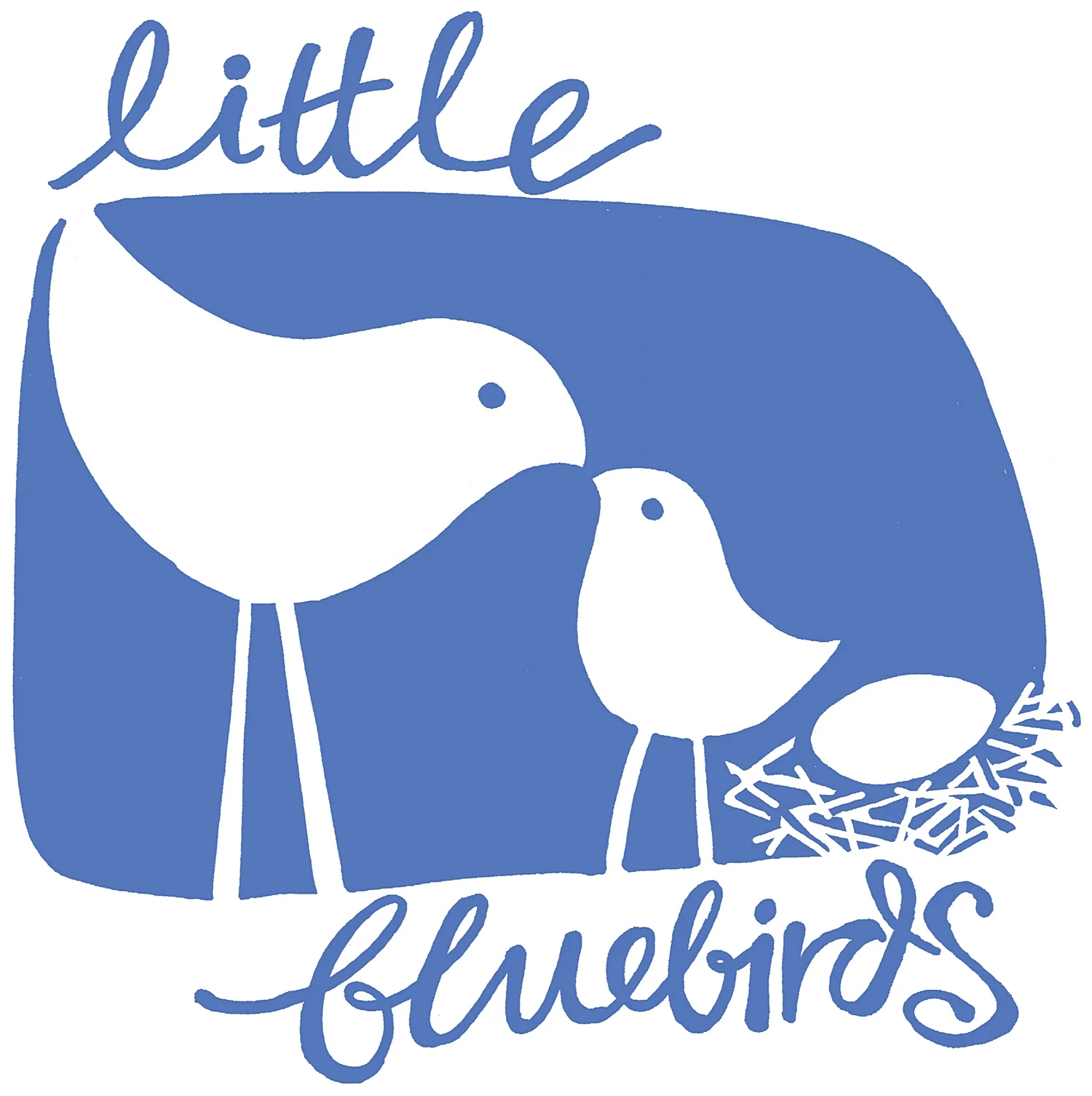Telling Stories
My brother just did one of those DNA tests that can tell you some information about your heritage and let us know about some of the interesting, and often weird, information that his DNA supplied. It got my sister and I talking about how little we know about our family history. She told me that one of her great regrets is not asking our grandparents more about their lives before they died. It’s sad because, for many of us, it’s not until adulthood that we begin to appreciate those stories and often, by then, it’s too late to ask.
I know little about my Pop except that he was in the Navy, made tripe for dinner (it was vile) and he liked to eat crystalised ginger. It was at his memorial that I learned he would get one new pair of shoes per year and they had to last all year. This led him to putting his shoes on and leaving for school, before stopping behind a bush in the garden to remove the shoes before continuing his journey. He valued those shoes so much that he didn’t want to wear them out. It’s a beautiful, heart-breaking story that told us a sliver of his life and I really value it 20 years later. There was also a wickedly smart story about how he would line up for the brothels when his Naval ship was docked and, once near the front, would offer the person behind him a chance to go before him - for a small fee. I understand he would do it for hours and then just walk away with his earnings.
My friend’s Dad, Tom, would often tell us a story in bed when I stayed for a sleepover (often!). They were always about his childhood and today I couldn’t tell you one story he recounted. But, oh, how I loved listening to those stories. The past seemed so foreign and full of adventure and I’m pretty sure I was imagining a boy running around in a flat cap and suspenders despite the fact he would have grown up in the late 50s and 60s rather than the turn of the century.
Telling stories, fiction (as with Bron’s excellent suggestions here) or real-life, is an excellent literacy tool that doesn’t require a book or to be sitting together or to even feel like ‘storytime’. My eldest was always asking for a story from my childhood at bedtime. My memories happen to be prompted by conversation so I wasn’t great at coming up with new stories but she was happy to hear the same ones over and over. I got better at telling them, remembered more details and it was always lovely to reminisce.
The thing is, you don’t have to be a master story teller to tell your story. Tell your kids about the moment and how you felt. If there’s humour, it’s an absolute bonus. Your story also doesn’t have to be long. My girls have always loved a tickle as a way of making a physical connection so I often tell them about how my older brother used to sit on me and do the ‘typewriter’ on my chest or back (basically pretending to type which would tickle until I was giddy) and how he would sit on my head and ‘break wind’ (Oh, the shame!).
These tiny, 1 minute stories, help kids make connections between their lives and others which is a really important skill of successful readers (and people in general to be honest). They introduce new vocabulary, reinforce the structures of stories and can impart important lessons.
Don’t wait for your children or grand children to ask for your stories. You may never be asked. Weave them into your day, setting their imagination aflame on a boring car ride or when you’re sitting at the dinner table. There’s always time in our lives for a little anecdote.
Who told you stories about their life? Do those stories keep their memory alive? Comment below.






